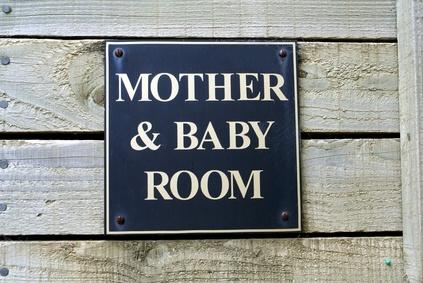Each pregnancy development stage, medically called a trimester, results in changes in your body as well as that of your growing baby. The actual side effects associated with pregnancy are different for every mom. For the most part, pregnancy development stages remain consistent whether this is your first or third pregnancy.
First Trimester
Your baby starts developing right after conception, according to the Mayo Clinic. By the fifth week of your pregnancy, your future son or daughter’s spinal cord, brain, heart and other organs have begun to form. The embryo also consists of three distinct layers at this stage of the first trimester. The outermost layer, the ectoderm, will eventually create your child’s skin, ears, nose and other external features. The middle layer, the mesoderm, will develop into your child’s bones, muscles, kidneys and reproductive system. The innermost layer, the endoderm, will serve as the foundation for your developing baby’s lungs, bladder and intestines.
Second Trimester
By the second trimester, usually around week 13, your baby’s development has accelerated significantly, according to the Mayo Clinic. Urine forms in the growing fetus around week 13; the following week your future child’s sex organs are prominent. By week 18, your baby’s hearing has developed; some moms talk to their growing children during the second and third trimester of pregnancy. He can also likely hear your heartbeat at this stage in his development. If you’re expecting a girl, the reproductive organs that can one day make her a mom usually form by week 19.
Third Trimester
By now, you are likely experiencing significant tiredness as well as joyful expectation of your soon-to-be born child. By week 40, you’re likely to give birth, according to the Mayo Clinic. At week 28, her eyes should open. If your baby is born prematurely between weeks 28 and 40, he has more than a 90 percent chance of developing into a healthy child. Around week 32, your baby will also begin to practice breathing even though her lungs haven’t fully formed. By week 36, his weight will increase significantly in preparation for the development process that happens outside of your womb. The following week marks the time in which your child is considered fully developed; most women still won’t give birth for another two to three weeks. By the time you give birth to your new familial addition, your baby will likely stand at least 14 inches tall and weigh at least 7 ½ lbs. However, even smaller babies are usually healthy, according to the Mayo Clinic.
Photo Credit
- sign. mother & baby room sign. baby changing room sign image by L. Shat from Fotolia.com





